Support in the area of international financing
KfW Development Bank: preventing and softening the impact of crises
On behalf of and with funding from the Federal Government, KfW Development Bank is currently providing EUR 3 billion of support to refugees and the host communities in developing countries. These resources are being used to finance 117 refugee-related projects in 28 countries. Around half of the funds will be invested where the needs of refugees and the host communities are greatest: in the Near and Middle East, especially in Syria and its neighbours, Lebanon and Jordan.
Other resources will benefit refugees in the crisis regions of East Africa, especially in South Sudan, Ethiopia, Kenya and DR Congo. In addition, KfW also supports refugee projects in West Africa, South Asia and Southeast Europe.
In acute crises, the priority is to immediately improve the living conditions for refugees by means of food aid and meeting basic social needs (drinking water, basic healthcare, basic education etc.). The situation of refugees living in camps requires special attention. We provide emergency aid with support from NGOs.
DEG involvement in fighting the causes of displacement
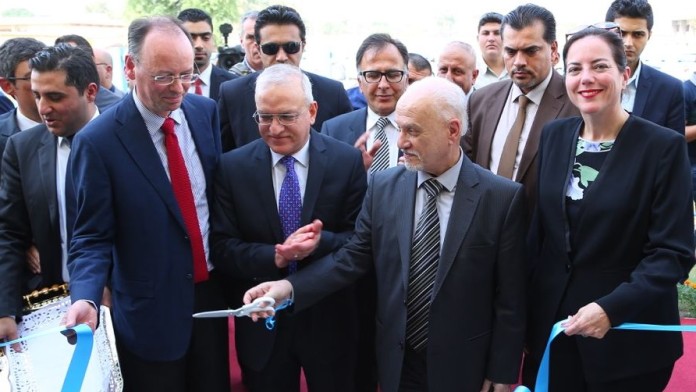
Reconstruction is proceeding slowly in Baghdad and southern Iraq. The German family-owned company Knauf, with financial support from the DEG, has now opened a dry walling training centre in Baghdad. It is planned that the centre will train at least 300 Iraqi craftsmen and 200 architects/engineers in dry walling every year. This creates career opportunities for young people – a major factor in combating the causes of displacement.
As of June 2018
Terms of Use
You may use the texts of KfW Special Topics free of charge for editorial purposes, except pdf-files created by third parties. Please note that the photographs are subject to copyright. More photos for free use you can find in the KfW Photo Archive.

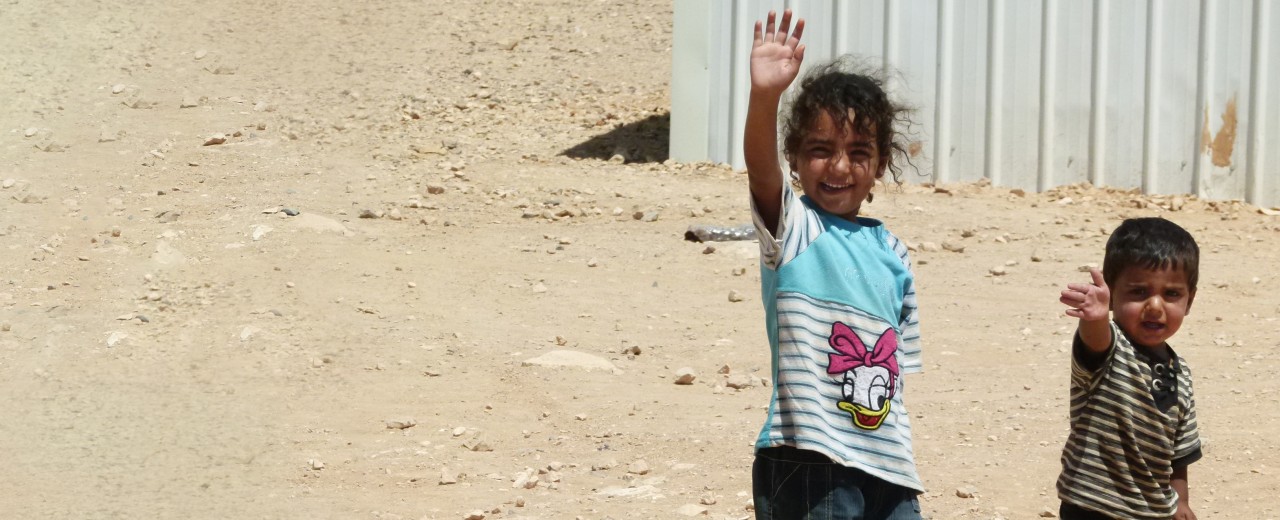
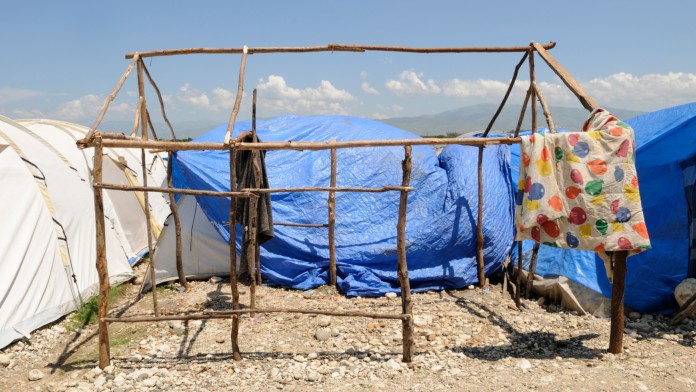
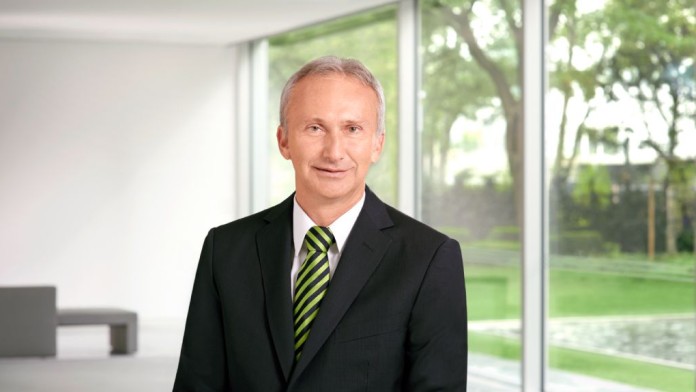
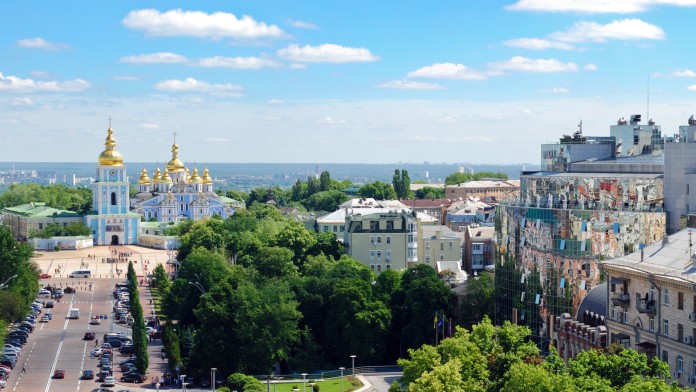
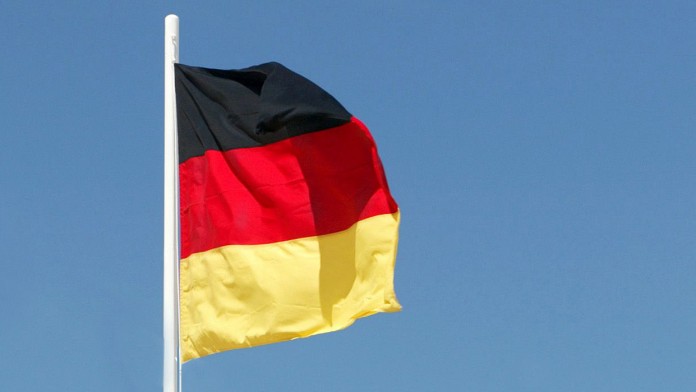
Share page
To share the content of this page with your network, click on one of the icons below.
Note on data protection: When you share content, your personal data is transferred to the selected network.
Data protection
Alternatively, you can also copy the short link: kfw.de/s/enkBbutZ
Copy link Link copied